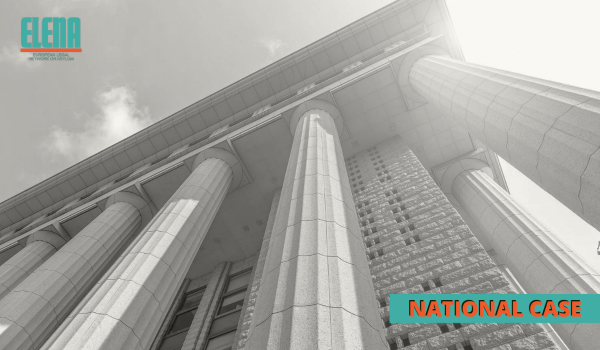On the 20th of July 2023, the National Court of Asylum (CNDA) ruled in its judgment no. 21068674. The case concerned a Russian national, A, who was allegedly subjected to violence by his father and pressured to join an Islamic extremist movement. He fled to France where he stated that he fears persecution by his father and the lack of protection by Russian authorities. The applicant also highlighted his fear of persecution in Russia due to his failure to comply with the partial mobilisation order in relation to the war against Ukraine .
The CNDA first held that the A did not prove that he would be persecuted by his father on religious grounds. The Court then ruled that if it can be established that a Russian national would be summoned under the partial mobilisation under the Decree of 21 September 2022 or under the forced conscription, there is a high probability that they will participate, directly or indirectly, in the commission of war crimes within the meaning of Art. 9.2 e) of the Qualification Directive. This is due to the purpose of the partial mobilisation, the impossibility of refusing the mobilisation order and considering the conditions in which the armed conflict is unfolding, marked by the large-scale commission of war crimes by various units of the Russian armed forces in Ukraine. The CNDA also found that those who did not comply with this mobilisation or deserted are exposed to sanctions amounting to acts of persecution.
The Court then held that, although A alleged that he was summoned as a reservist for the partial mobilisation, his explanation of the circumstances in which he obtained his mobilisation orders as well as evidence provided appeared brief, inconsistent and unreliable. Furthermore, the mere fact that A may be put on the reserve list does not establish that he would participate in the commission of the above-mentioned crimes. Hence, the CNDA ruled that it is impossible to consider A’s mobilisation to be established and that his fears on account of his refusal are not well-founded in light of the Refugee Convention.
Based on an unofficial translation from within the EWLU-team

